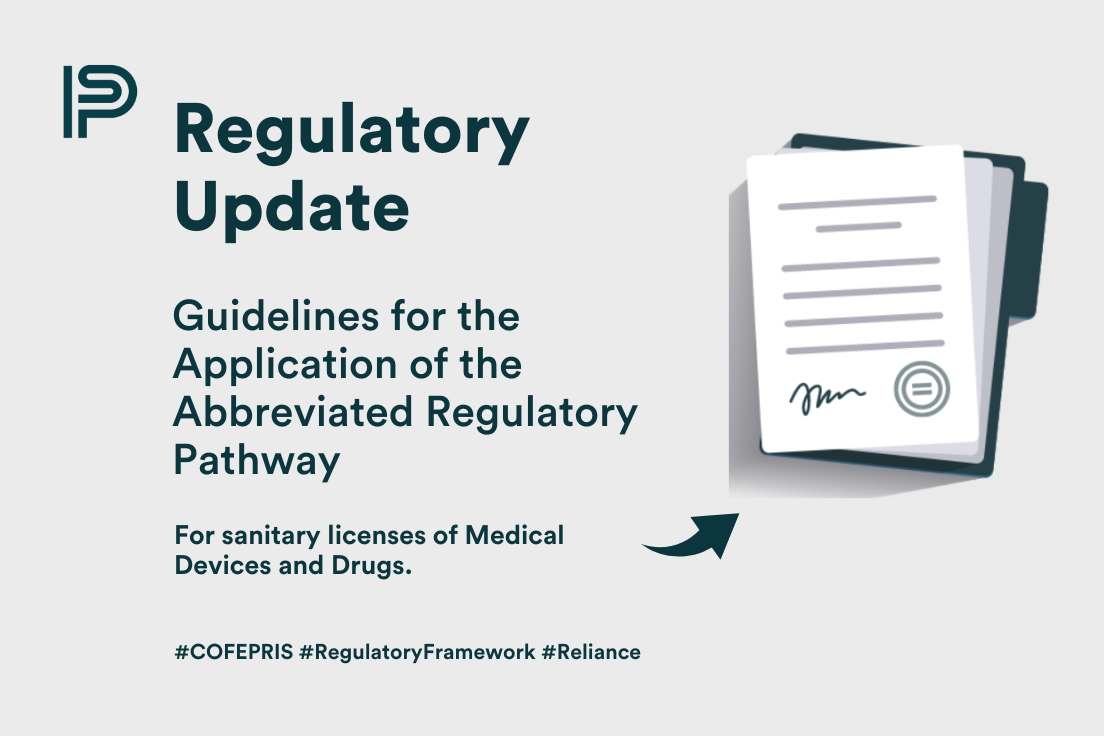In foreign trade, competitiveness and operational efficiency largely depend on effective document management. Among the most important documents is the certificate of origin, which certifies the country where a product was manufactured and, in Mexico’s case, is essential for obtaining tariff reductions or exemptions under free trade agreements.
Big Changes at COFEPRIS! Mexico Simplifies Medical Device Registration and Advertising Notice
Mexico's regulatory authority, COFEPRIS, has introduced a landmark agreement to modernize its regulatory processes. For medical devices, multiple submission categories for new registrations and renewals are now consolidated into a single, unified procedure. This reform streamlines submissions and shortens review timelines considerably. Additionally, the agreement introduces updated requirements for advertising notices.
COFEPRIS Implements Agreement to Streamline Import and Export Permits
COFEPRIS Enables Regulatory Reliance Through Abbreviated Pathway
Unlocking Efficiency: COFEPRIS Modernizes Regulatory Framework
Keys to the Labeling of Dietary Supplements in Mexico
Dietary supplements are defined as products intended to increase or complement the total dietary intake, or to supply one or more of their components. COFEPRIS is the authority in Mexico responsible for regulating these products and for establishing the labeling requirements they must meet to be marketed in the country.
COFEPRIS Modernizes Medical Device Framework: What You Need to Know
Simplification of Operating License and Modification Process for Products and Services
COFEPRIS has implemented a series of simplification and modernization measures aimed at streamlining procedures and reducing the regulatory burden for establishments. These actions are part of the federal government’s regulatory improvement policies. This update specifically applies to the Operating License.










